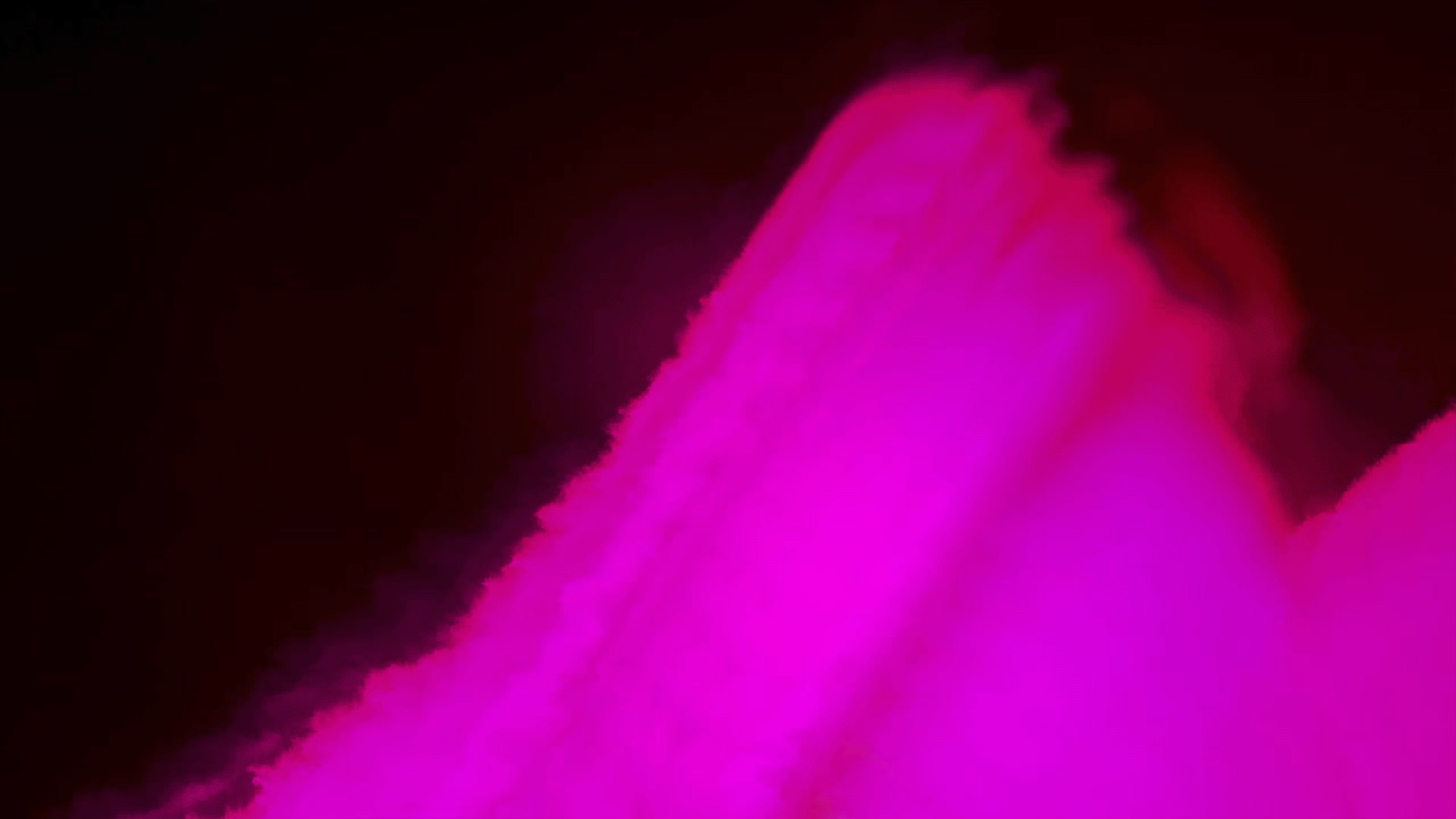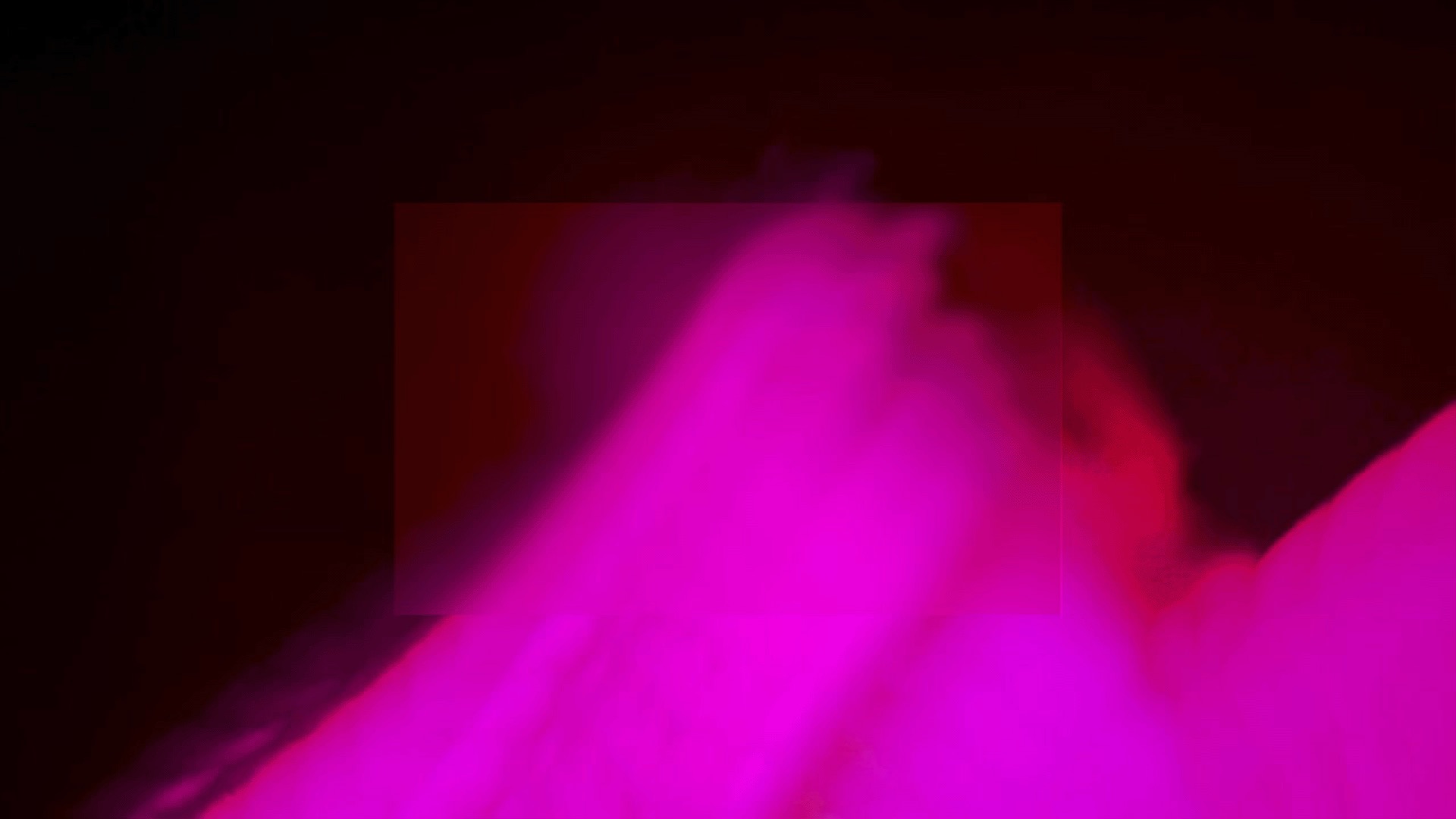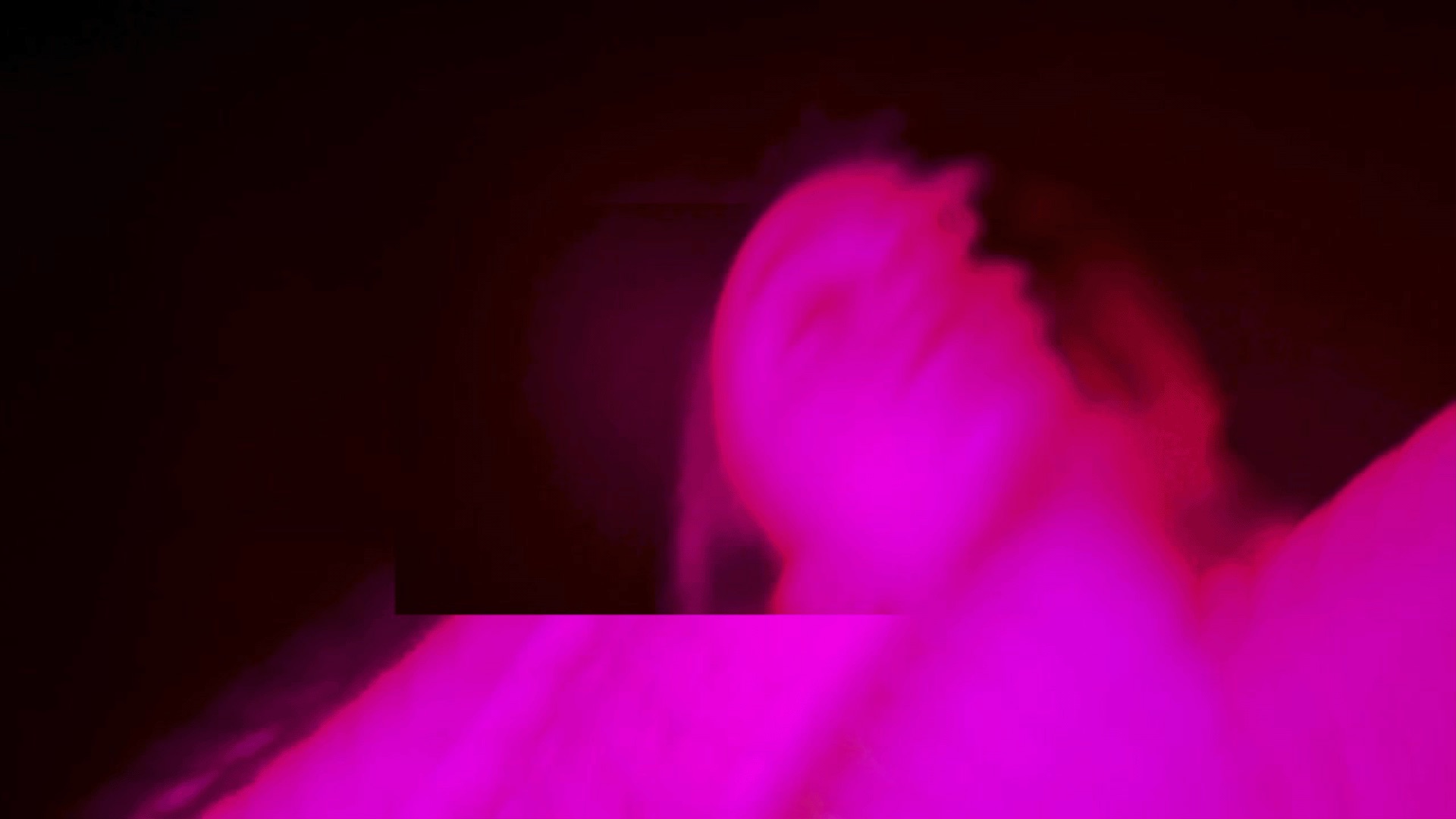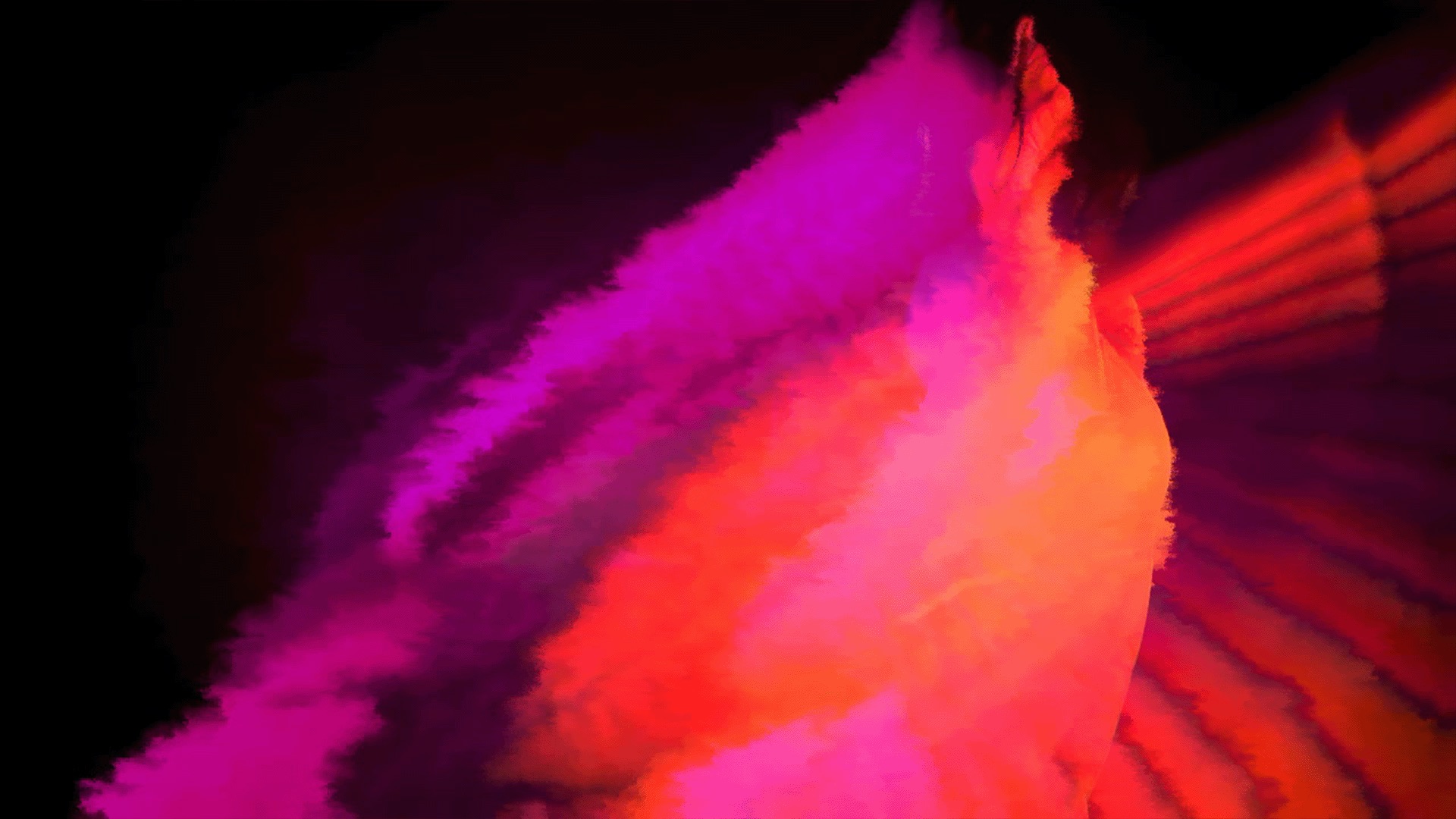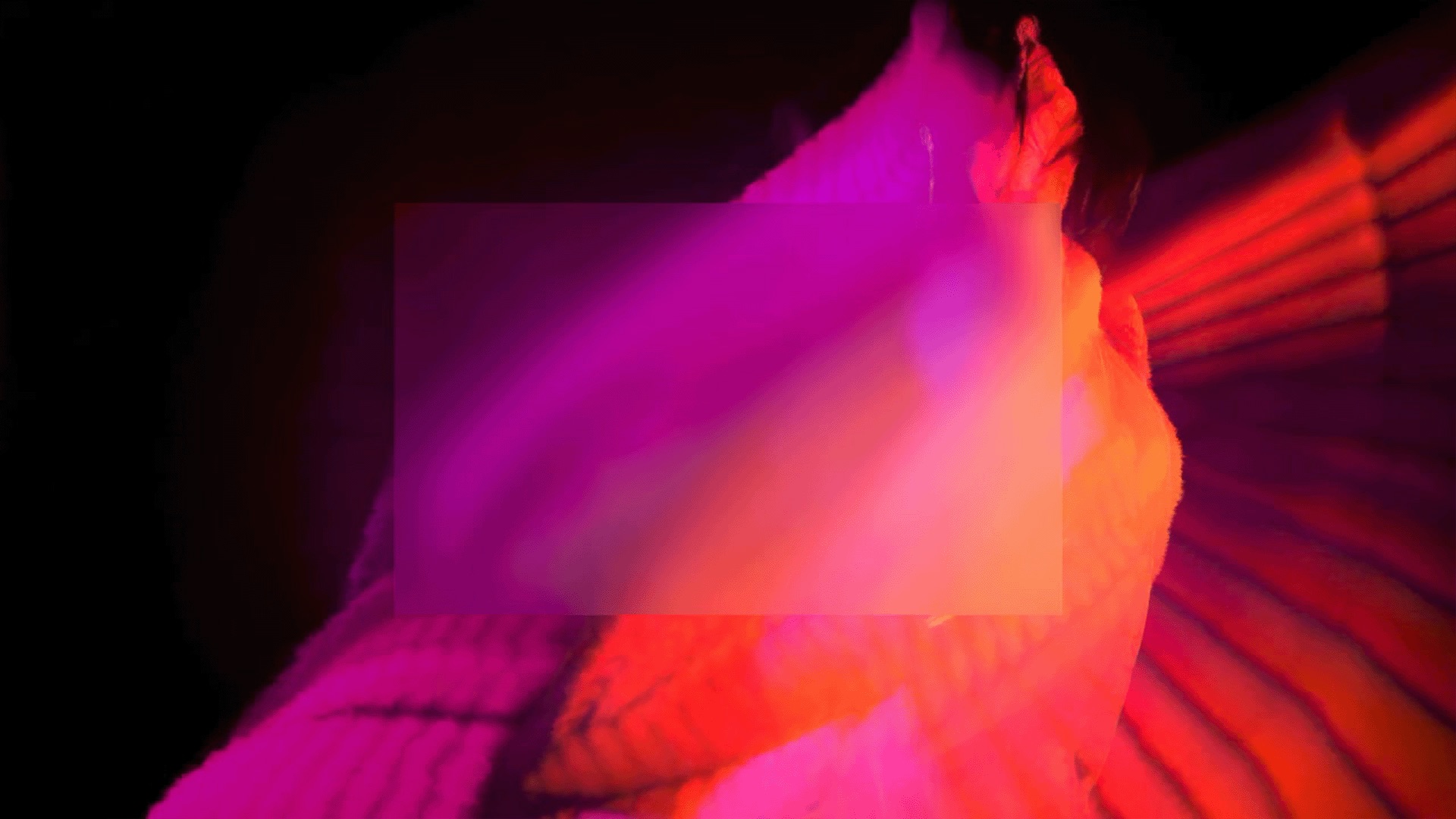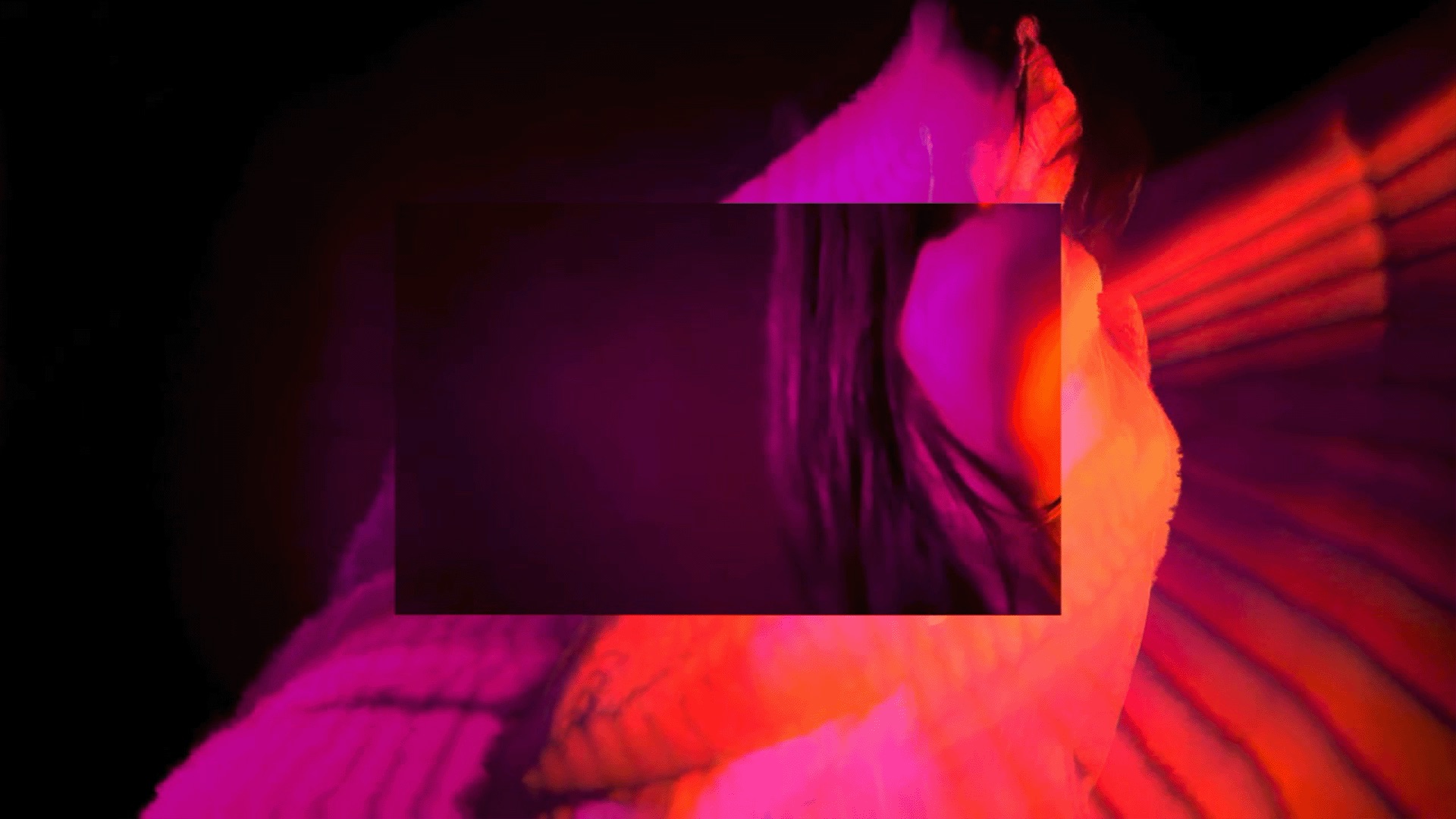/ team
benedetta ricciardi,
ludovica villani
/ my role
project manager,
visual designer
/ performer
gaia sicoli
/ links
Chapter 1 ― chaos
Chapter 2 ― boundary
Chapter 3 ― beyond
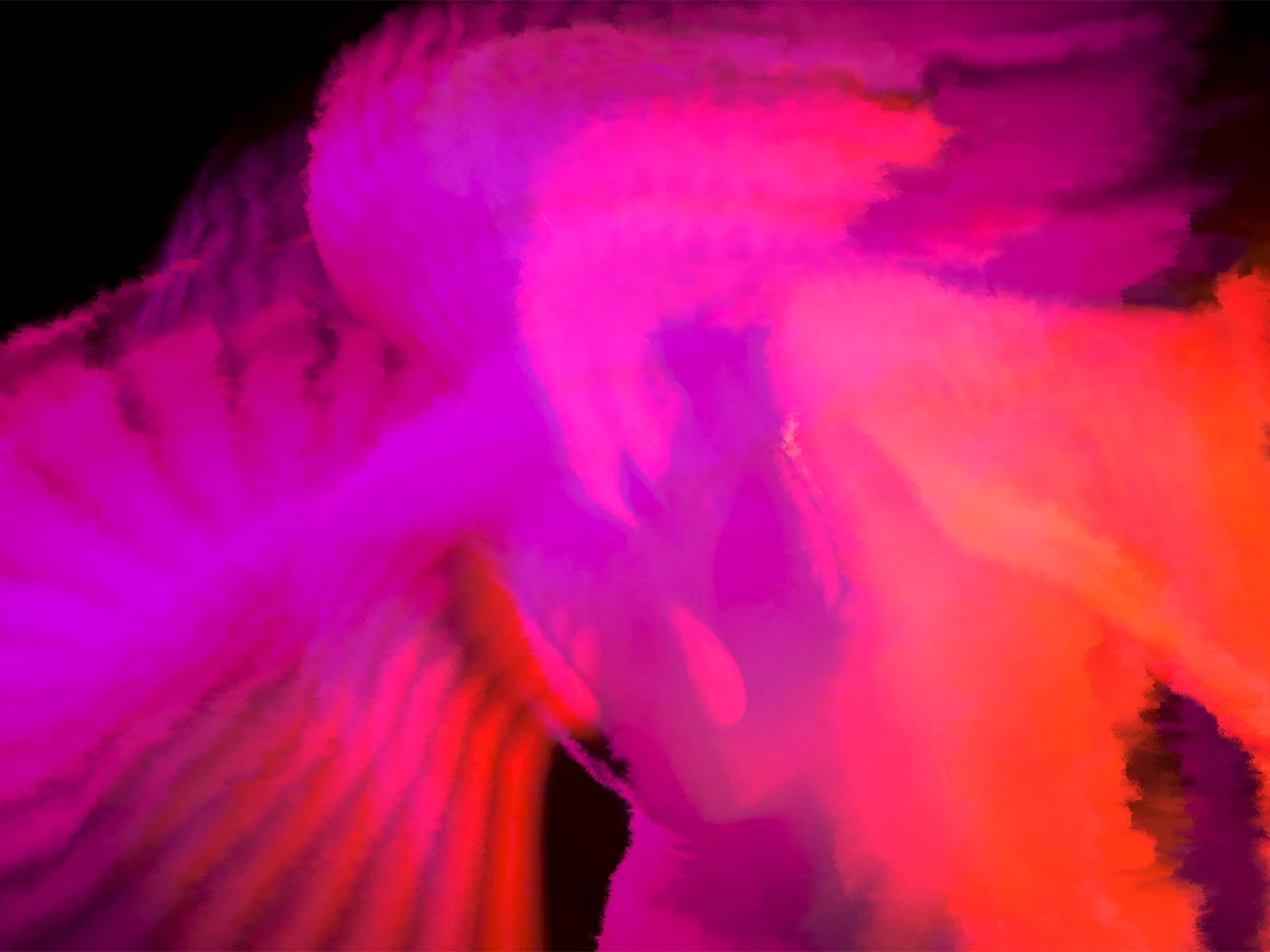
/ Abstract
frammenti dal caos seeks to physically and metaphorically map out a path dissecting the processes through which human beings experience, analyze, understand and shape the reality they are immersed in
The exhibition splits the progressive definition of the final artwork in three stages: a short film altered by three different procedural manipulations that formally narrate the conceptual content of each section.
The second principle of thermodynamics, postulating the tendency for systems to move toward states of ever-increasing entropy, deals with the mechanisms underlying every transformation that takes place in the universe. It teaches us about the driving force of reality, its conservation and dissolution, the chaos out of which everything originated and toward which everything points.
The idea of reality being naturally set for an inexorable rise in entropy lays the groundwork to read every creative action of humankind (where the word "creative" is intended as "of creation") as a desperate attempt to resist this degradation of matter by imparting a recognizable form to it, applying energy to reality according to its own thinking, arresting its dissolving drift.
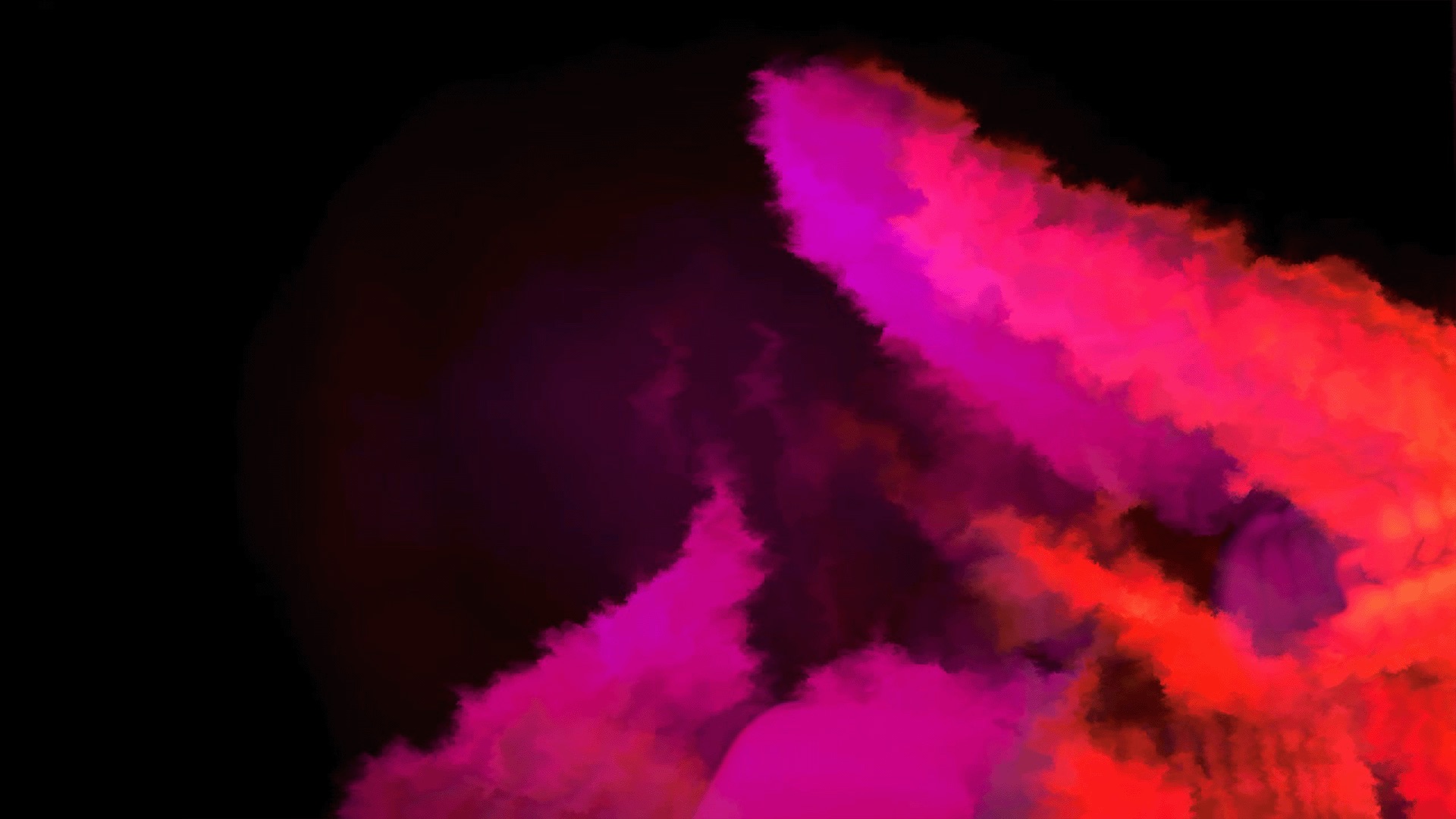
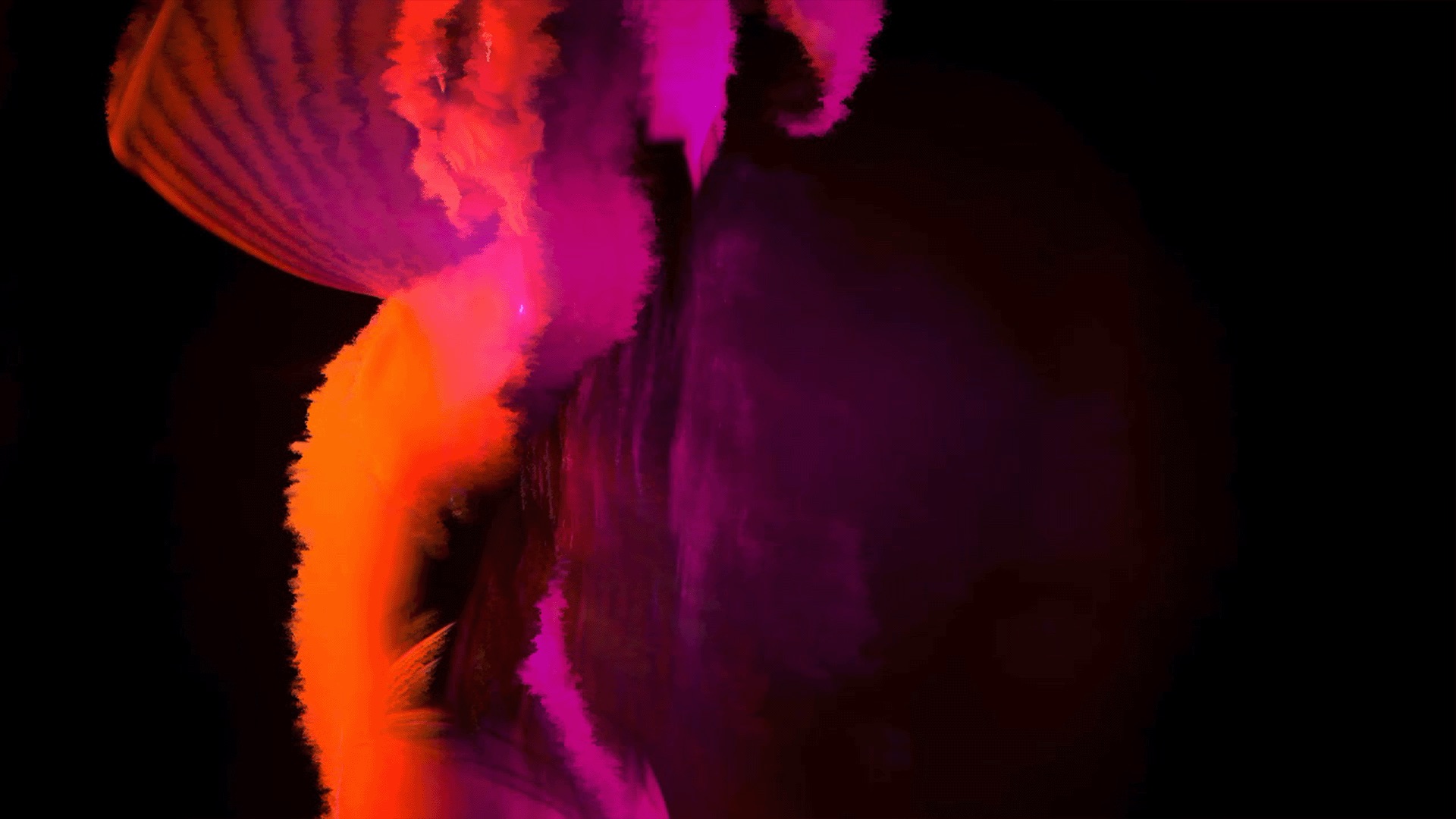
Human beings are naturally predisposed to crave the control over reality, which leads them to a complicated relationship of coexistence and conflict with the world's nature. This contrast with reality, upon which humans cannot but depend, causes them to feel overwhelmed facing the magnitude of its antagonist; nevertheless, they can't oppose their natural disposition to comprehend and control their surroundings.
The human nature is bent on the creative act, to accomplish which is required to fragment and frame a defined section of a reality otherwise too vast, chaotic and complex to be understood. During this process, human control unveils all its fragility, since it presupposes the abstraction of a part from the whole.
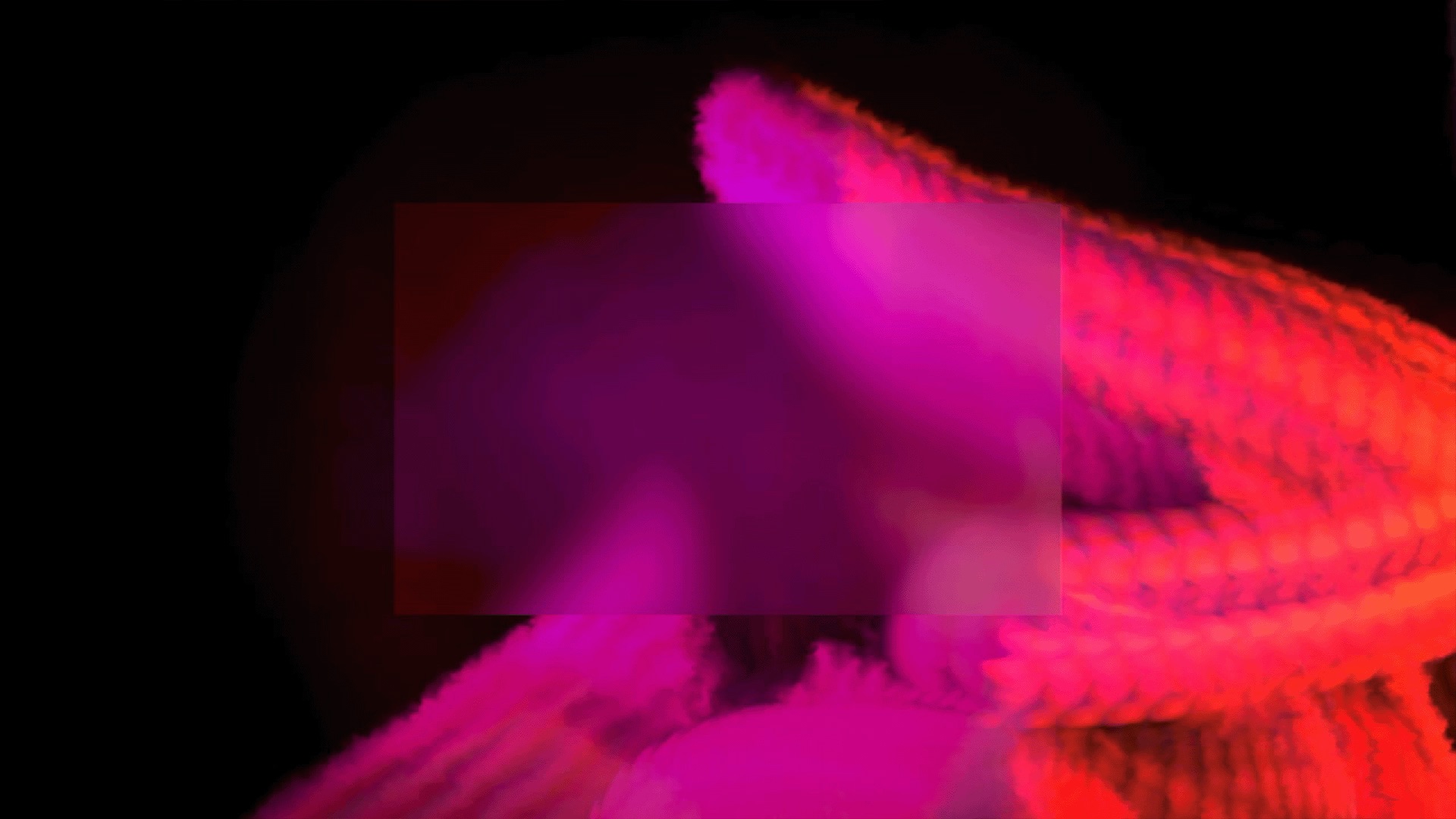
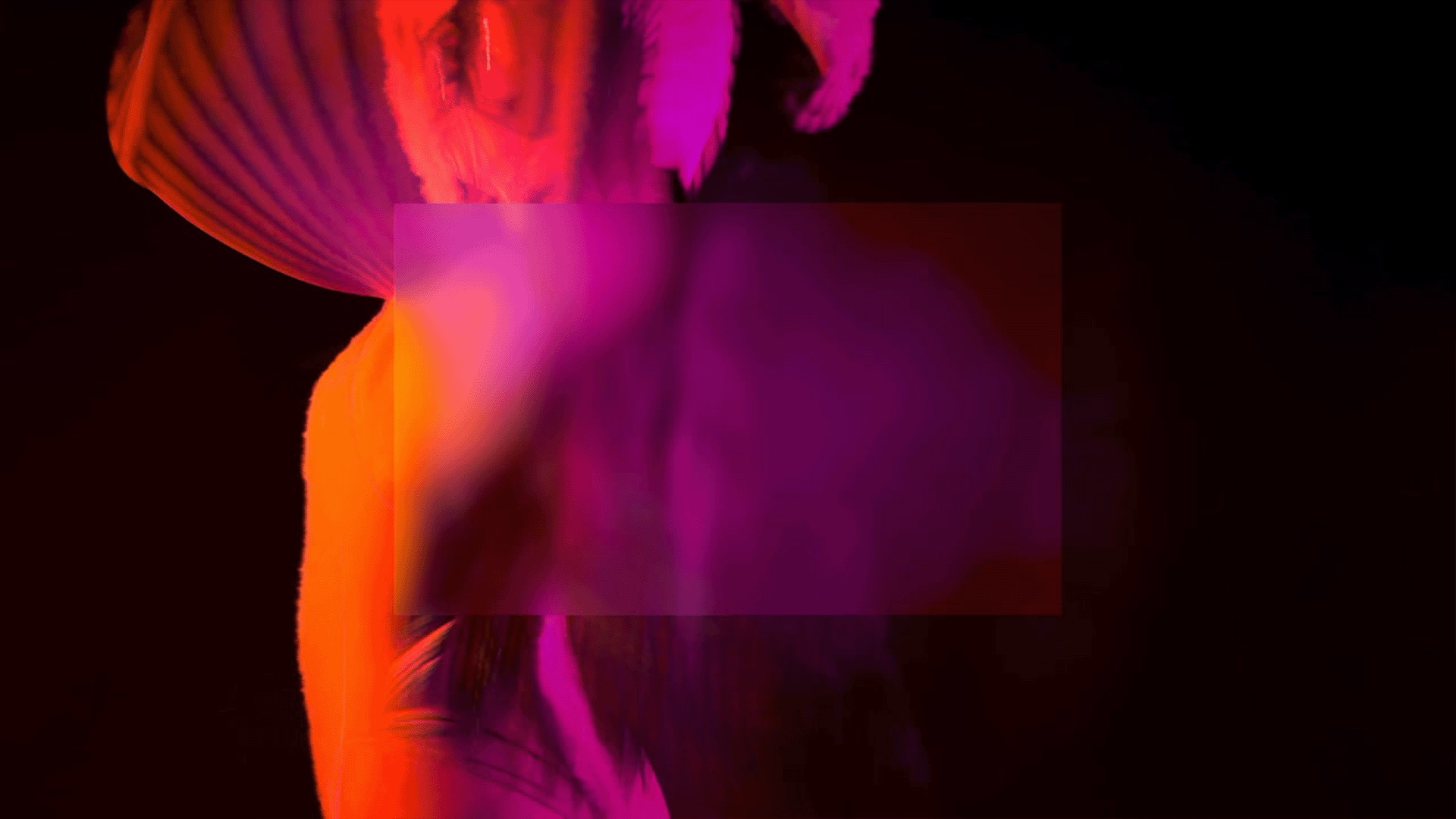
Selecting a segment of reality to operate on implies admitting the loss of control over everything outside of it. The conatus toward control consequently appears as the human statement of its own impossibility to handle and organize reality in its entirety.
The fragment of reality thus selected, infinitely limited in time and space, is taken into analysis, investigated, manipulated; thus humans are given a way to expand their knowledge and create artifacts proceeding from the act of fragmentation. Yet, everything left outside, even what is immediately adjacent to the frame, scatters and turns back to chaos.
Humans choose to set their gaze on a well-defined portion of the universe, forcing reality into abrupt separation from the context that is closely connected to it.
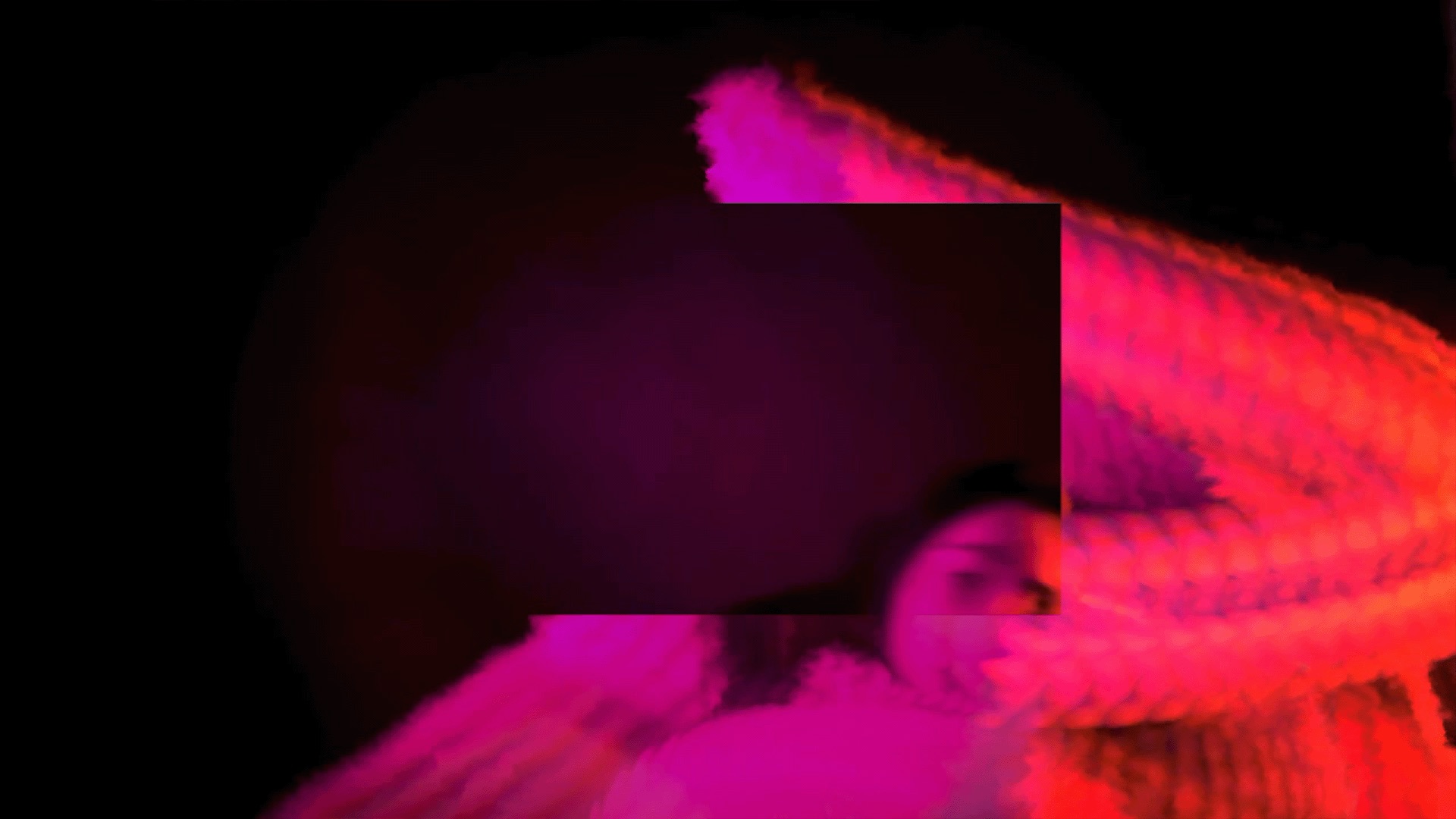
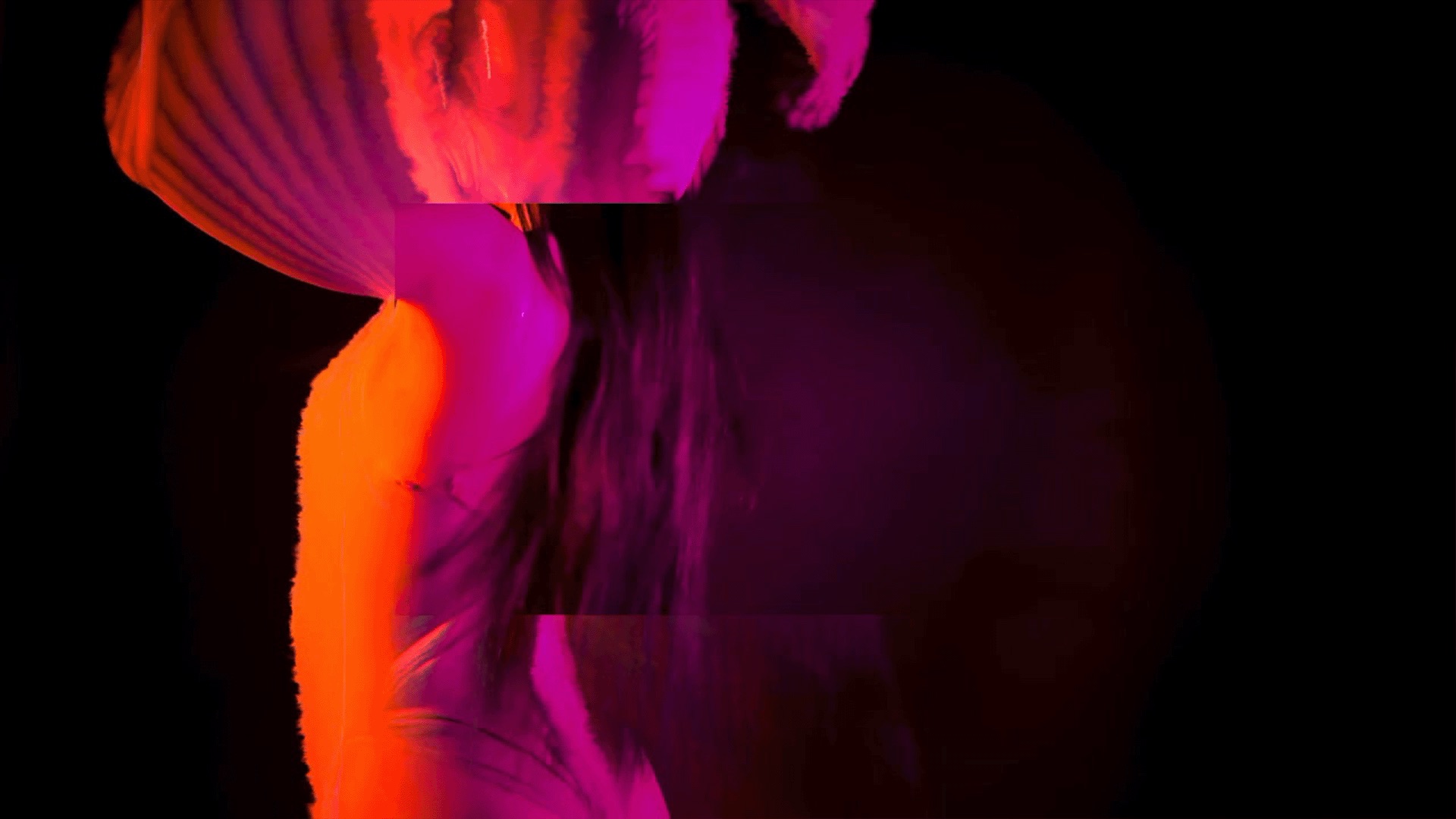
In this moment, when deprived of the context provided by the overall view, is the framed fragment susceptible to lose meaning?
What relationship is established - in relation to time and space - between the framed reality and the excluded one?
What value does the chaos remaining outside the frame have?
Are humans ultimately defeated by reality, or do their creative acts retain value in themselves?
